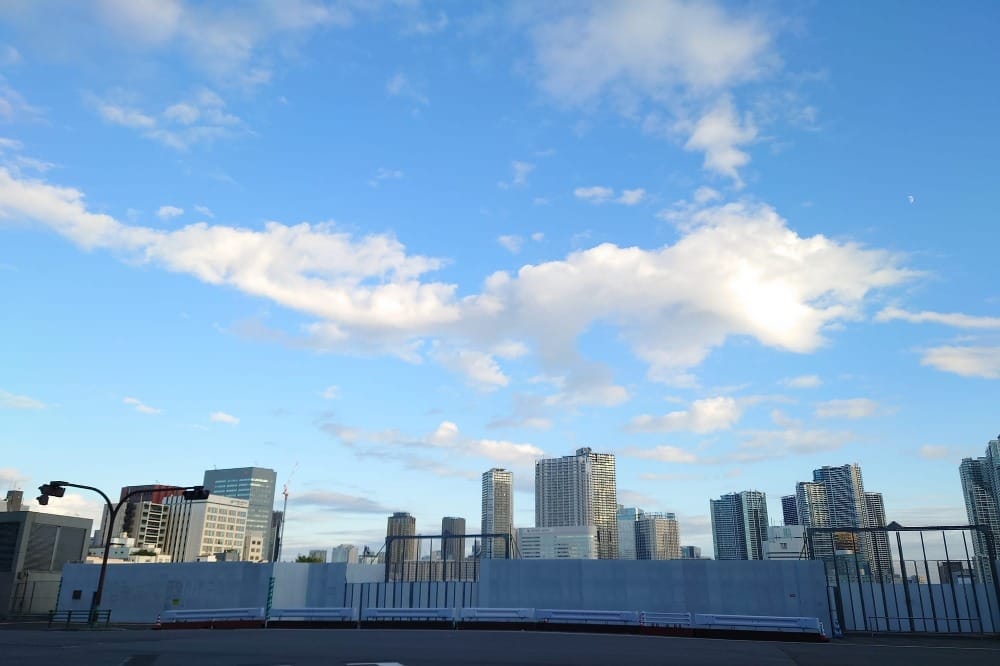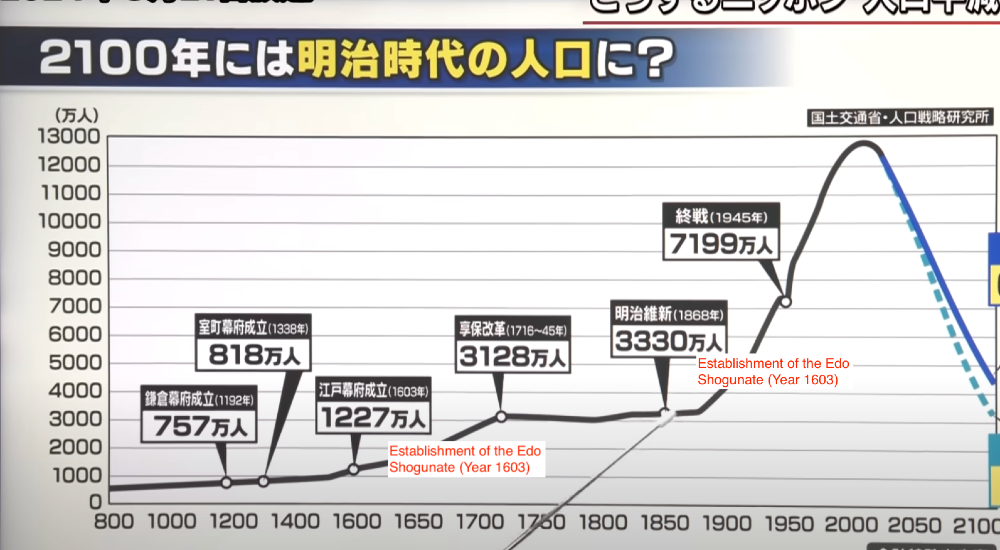Why 'socialise' is a foreign concept in Japan: A Japanese perspective
When I went to the UK to study for a Master's degree, I came across the word 'socialise'. I think it was in a booklet for new students, which said something like, 'Let's be proactive and socialise'. To be honest, I found the idea a bit of a chore.

This week in Small Business Japan (24 Nov, 2024)
In the end, I didn't socialise much because I was too busy studying, but the word has stuck with me. I thought to myself that I was a typical Japanese person, bad at socialising and that I shouldn't be bothered by it if I wanted to work in an international environment. It stayed with me as an unresolved issue.
According to the Cambridge English Dictionary, the word socialise is explained as follows:
[Intransitive verb]: to spend time when you are not working with friends or with other people in order to enjoy yourself
[Transitive verb]: to train people or animals to behave in a way that others in the group think is suitable
Incidentally, there's no Japanese verb that directly translates to 'socialise', although there is a corresponding adjective, 'sociable'. I think the reason I found 'socialise' so difficult was not only because it was a new concept I'd never been aware of before, but also because I felt it demanded action.
For most Japanese people, social circles are probably limited to work colleagues, hobby groups (if any), and neighbourhood associations (自治会, jichi-kai, or 町内会, chonai-kai etc.). In the case of lifetime employment, even if you're transferred within a company, you remain within the same organisation and thus the same culture. And if you live in a city, you'll rarely be involved in neighbourhood association meetings.
In other words, it's fair to say that there's limited awareness of how people outside one's own community 'behave in a way that others in the group think is suitable'. Additionally, we tend to assume that what's acceptable in our own community is also acceptable throughout Japan. (In reality, people live in a variety of different cultures or clusters within Japan. But, as mentioned above, there aren't many opportunities to experience these differences, so we're often unaware of them.)
As a result, Japanese people may have a limited understanding of the experiences of foreigners living in Japan. This can be one reason why foreign residents sometimes feel a sense of isolation when interacting with Japanese people.
In an article I published a while ago, 'The inevitable future? 'Japan's shrinking population: reimagining cities and society', I wrote about the local area where I lived as a local correspondent, in addition to providing news analysis. Despite living in an apartment there, I was called a 'tourist' in the local language. This experience resonates with me now, considering the current inbound tourism boom in Japan.

This cultural background presents unique challenges for networking in a business context. Many foreign business owners in Japan believe that personal connections are key to success, but I'm not entirely convinced this is always the case.
Perhaps the challenge is that socialising is less common in Japanese culture. This might be a 'missing link' that makes networking more difficult. While I cannot offer a concrete solution, I hope you won't let it get you down, even if you encounter challenges and feel discouraged by this missing link. Remember, many Japanese people, including myself, struggle with socialising and networking.
It would be fantastic if you could reach out to Japanese people who also struggle with socialising and networking. Building connections with those who share similar experiences might be a positive first step.
Small Business Japan is now fully operational. What I once perceived as a weakness in socialising is now helping me communicate with foreigners working and doing business in Japan. Researching and understanding what you want to know is proving to be, although somewhat belatedly, an opportunity to develop my socialising skills. I'll be covering information that's useful for working or doing business in Japan, including topics you want to learn more about. Stay tuned!
See also:







